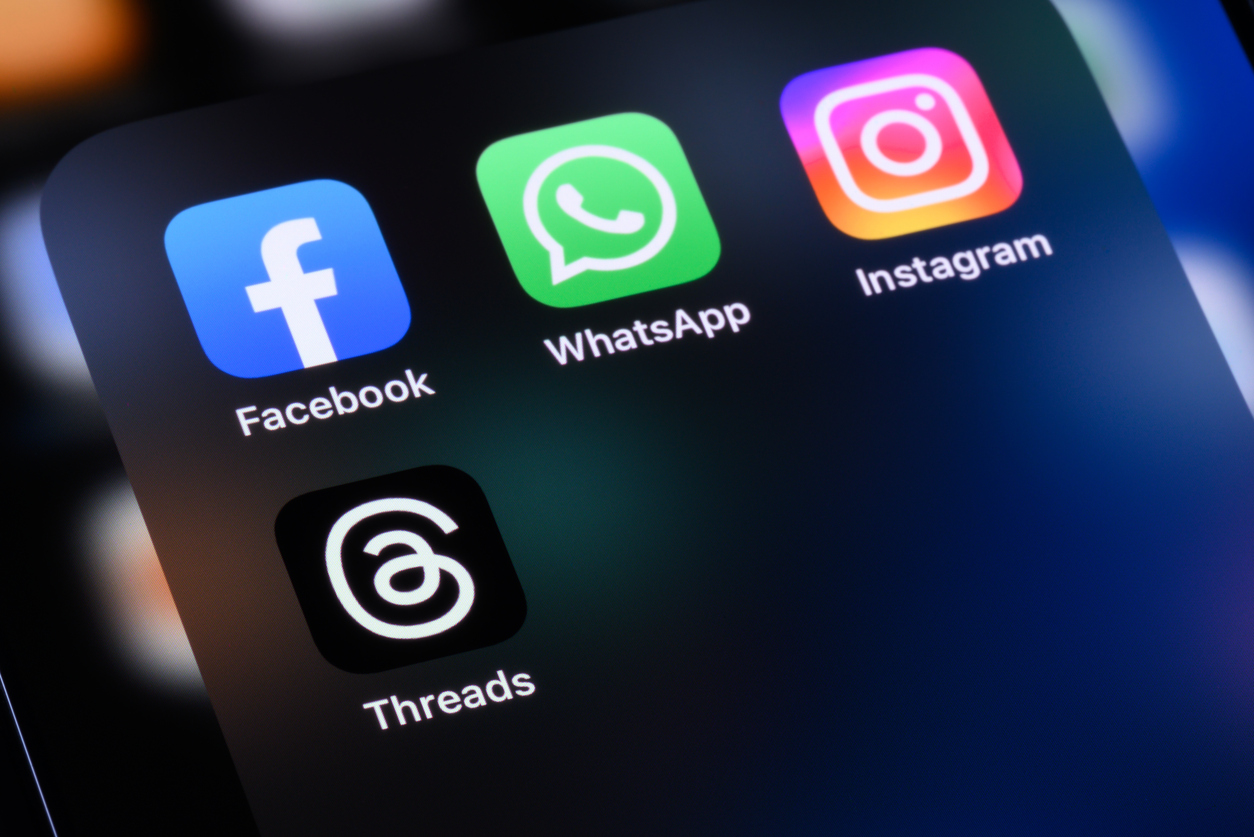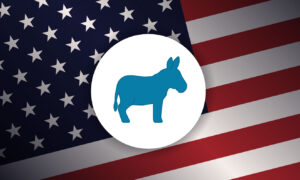The Scoop: Meta becomes latest to drop DEI as Zuckerberg calls for ‘masculine energy’
Plus: LA mayor faces criticism for international travel before fires; the reputational risk of ‘ghost jobs.’

In light of Meta’s about-face on fact-checking and loosening of moderation guidelines, it’s perhaps not surprising that the organization announced Friday that they would end many of its DEI initiatives. Among those changes, Meta will end the DEI team itself, pivot its DEI programs to instead “focus on how to apply fair and consistent practices that mitigate bias for all, no matter your background,” end diverse supplier programs, and end diverse slate hiring and representation goals, Axios reported.
Like McDonald’s before it, Meta blamed the shift, in part on a 2023 Supreme Court Decision on affirmative action. But it’s certainly notable that companies waited more than 18 months, to the very eve of the inauguration of the anti-DEI Donald Trump, to be concerned with this ruling.
A memo explaining the decision to employees obtained by CNBC notes, “The term “DEI” has also become charged, in part because it is understood by some as a practice that suggests preferential treatment of some groups over others.”
The memo reaffirmed its support for “cognitively diverse teams, with differences in knowledge, skills, political views, backgrounds, perspectives, and experiences. Such teams are better at innovating, solving complex problems and identifying new opportunities which ultimately helps us deliver on our ambition to build products that serve everyone.”
But even as the memo laid out these carefully measured words, CEO Mark Zuckerberg was striking a different note during an interview with Joe Rogan. He referred to much of corporate America as “culturally neutered” and praised “masculine energy,” though, confusingly, he noted women may find companies “too masculine.”
As of 2022, 67% of Meta employees were men.
Why it matters: The pendulum is swinging back.
During the first Donald Trump presidency and accelerating in 2020, corporate culture swung toward more liberal norms and preferences, especially as it came to race, gender and other forms of representation. Organizations saw that at that moment, the country was ready for a different way of looking at hiring and business and they adapted.
Now, with a more popular second Trump term coming into office and conservative activists ready to pounce on policies they dislike, companies are trying to stuff the genie back into the bottle.
Many companies have – and will continue to – roll back DEI policies. Many are releasing staid memos, like Meta did, laying out a logical case – albeit one some won’t agree with – for ending these programs and reaffirming commitment to the same principles by different means and methods. But the Zuckerberg interview undermined much of the work the comms team did to calm internal and external storms and generated a second wave of headlines touting his divisive comments gendering corporations. Likewise, these were likely received positively by his would-be allies on the right, one he now seems to deem the most important.
But will this strategy pay off? In the wake of the fact checking and moderation decisions, a wave of searches for how to delete various Meta products trended. X has shown us that some social media audiences will vote with their feet and leave when faced with policies they no longer agree with.
It would be difficult for any PR team to tell someone like Mark Zuckerberg that he should cool it in an interview. But if you’re working on a similar DEI wind down in your organization, try to urge executives to remain measured and understand some will be upset by their decisions. Tact and a willingness to listen are always critical skills for CEOs.
Editor’s Top Reads:
- LA Mayor Karen Bass is receiving criticism for her absence from the city when deadly wildfires began, ultimately leaving large swaths of her city in ashes. Bass was acting as a representative for the Biden administration at the inauguration of the new president of Ghana. When she left on Jan. 4, there was no inkling of trouble. By the next day, warnings of windstorms began to concern forecasters. By Monday, the situation had grown dire. But Bass did not return to her burning city until Wednesday. Bass said that she was still managing the situation even while aboard a military plane. “So, although I was not physically here, I was in contact with many of the individuals that are standing here throughout the entire time. When my flight landed, I immediately went to the fire zone and saw what happened in Pacific Palisades.” While some of this is a quirk of bad timing and how quickly these fires became an emergency, expect Bass to be dogged by these accusations into the future. She’ll need to show her commitment to her suffering city through physical presence even more than words and statements. Expect voters to have long memories and for this to be a centerpiece for opponents in a potential re-election campaign.
- Some 70% of companies posted “ghost jobs” in Q2 of 2024 – jobs where no candidate was ever hired. Up to 15% of these companies were “repeat offenders,” never hiring for fully half of their open positions, according to data from hiring platform Greenhouse. There are, of course, legitimate reasons to not hire for an open position – changes in budget, internal candidates and so on. But it can also serve to make a company look more successful than it actually is or even act as a scam. Either way, failing to communicate to candidates when these priorities change can lead to employer branding issues down the road. Currently it’s an employer’s job market, especially in white collar spaces, but that won’t last forever. The Great Resignation showed us just how quickly the worm can turn. Ensure you’re working with HR to emphasize the external impacts of candidate treatment – or weather consequences in the future.
- TikTok could be banned on Saturday. Should that take place, know that the app won’t go “poof” from your phone. The biggest immediate impact will be that users will no longer be able to download it from their phone’s app store. This means anyone getting a new phone would no longer have access. And since updates can’t be pushed to the app, it will slowly wither over time, becoming buggier and more unsafe. But no one is really sure how this will work – we’re in uncharted waters.
Allison Carter is editorial director of PR Daily and Ragan.com. Follow her on LinkedIn.








Your self styled criticism of Mr Zuckerberg is misguided. Mr Zuckerberg’s ability to listen to the voices of people around the globe has enabled Meta to become one of American’s greatest and most innovative companies touching the daily lives of billions of users. It is also wrong for you to judge that Mr Zuckerberg lacks “tact” because you disagree with his vision for the future. DEI initiatives have been a worthy pursuit but dialing them back to navigate in a new social environment is a role that Mr Zuckerberg as CEO of Meta has proven to be well qualified to take on.